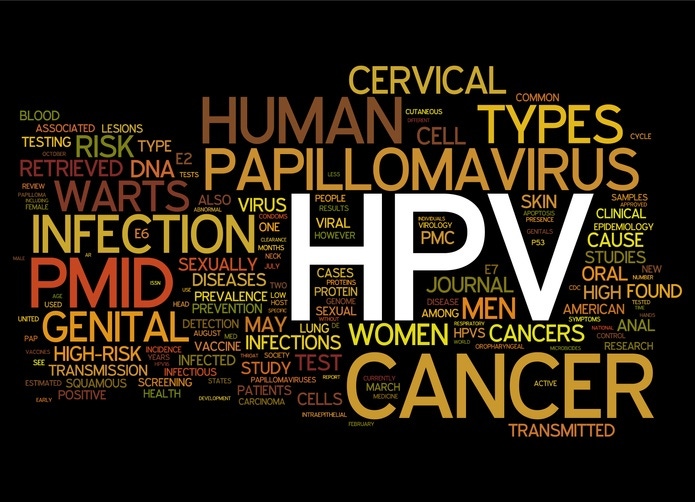Content Spotlight
Podcast: MilliporeSigma says education vital to creating unbreakable chain for sustainability
MilliporeSigma discusses the importance of people, education, and the benefits of embracing discomfort to bolster sustainability efforts.
November 24, 2020

Rubius Therapeutics has shared details of the manufacturing process for RTX-321, a candidate cell therapy for HPV positive cancers that it says is a “truly” off the shelf product.
The US biotech made the claim in an IND filed with the FDA earlier this month.
It said the “filing for RTX-321 included, for the first time, frozen drug substance as part of the manufacturing process, resulting in a truly off-the-shelf cellular therapy with a potential shelf life of up to several years.”

Image: iStock/MacXever
Rubius describes RTX-321 as an allogeneic, off-the-shelf artificial antigen presenting cell (aAPC) therapy engineered to induce a tumor-specific immune response by expanding antigen-specific T cells.
According to preclinical data released earlier this year RTX-321 has a dual mechanism of action by not only functioning as an antigen-presenting cell to boost HPV 16 antigen-specific T cell responses, but also promoting broad immune system stimulation of both innate and adaptive immunity.
CSO Laurence Turka said “The ability to engage both arms of the immune system is expected to provide a robust anti-tumor response by T cells and natural killer cells, making it harder for the tumor to escape by immune evasion.”
The ability to use frozen drug substance in the RTX-321 manufacturing process significantly increases the product’s potential shelf life according to Rubius, which said it can be stable for “several years.”
In addition to announcing the IND filing, Rubius said it has started manufacturing RTX-321 to support clinical development.
Rubius manufacturing base is at a facility in Smithfield, Rhode Island, which it acquired from Alexion in 2018.
When it made the purchase, the firm said it planned to invest US$155 million (€133 million) to purchase, renovate and customize the site.
RTX-321is composed of human red blood cells engineered to express biotherapeutic proteins within or on the surface of the cell.
Rubius has four such cell therapies in its pipeline: RTX-240 for solid tumors, the IND for which has been approved; RTX-224, which again is for solid tumors; and RTX T1D which is for type 1 diabetes.
A candidate called RTX-134 that was being developed phenylketonuria was scrapped in March.
Rubius said it would shift away from rare diseases and focus on oncology and autoimmunity.
A spokeswoman told us “We discontinued in part because of the cost of manufacturing of continuous high dose therapy which would have been required to treat rare diseases.
“Many of the cancers that we are looking at, particularly for RTX-321, include very small patient populations especially in the case of anal cancer. However, cancer patients need to be treated for a finite period of time vs chronic therapy,”
You May Also Like